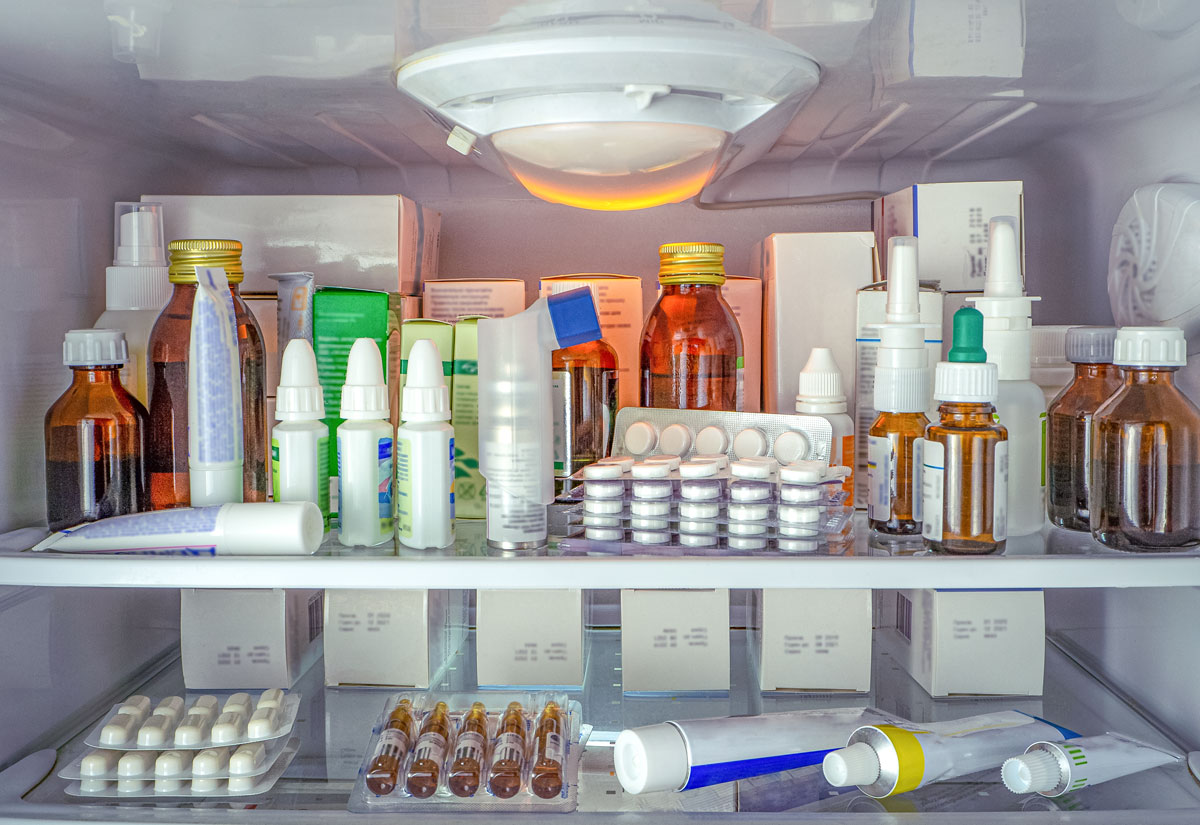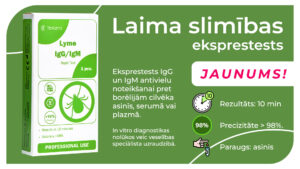GP Nord Ltd
Reg. Nr: 40203177406
Address: Kurzemes prospekts 23, Rīga, LV-1067, Latvija
In order to find out how the medicine can be stored, you should definitely read the instructions for use of the medicine. All special storage conditions are indicated in the instructions for use of the medicine or on the package. Any special storage recommendations should also be given to the pharmacist at the pharmacy. Some medicines should be kept in the refrigerator, but certainly not in the freezer. Make sure that the medicine is stored in a closed package to prevent condensation, also in a place out of reach of children.
Most medicines can be stored at room temperature between 15-25 degrees. But if the medicine instructions state that they should be stored in a “dark, cool place” or “dry, cool place”, it means that the medicine should be stored at a temperature of up to 15 degrees. If the instructions for the medicine indicate that they should be stored in a “cold place”, then they should be stored in a refrigerator at a temperature of 2 to 8 degrees. It is better to set aside a separate shelf or compartment in the refrigerator for storing this type of medicine (usually they are ointments, suppositories, infusions, eye and ear drops).
There are drugs that have different recommended temperatures for storage and use. There are eye drops that can be stored at a temperature of 2 to 8 degrees before opening, but are valid for 1 month after first opening and can be kept at room temperature up to 25 degrees. On the other hand, some dilutable antibiotics can be stored at room temperature before dilution, but kept in the refrigerator after dilution. For such drugs, it is even more important to familiarize yourself with all the instructions in the instructions.
Even the most modern refrigerators sometimes accumulate condensation. Therefore, to prevent possible effects of moisture, medicines are packed in resealable plastic bags or in a completely resealable container before being placed in the refrigerator.
Ointments, individual ear and eye drops and others can be stored in the refrigerator. There are also several prescription medications, such as insulin, that require refrigeration. Injections, inhalations and suppositories may also need to be kept in a cool place.

It is important that the medicine is stored properly so that it does not spoil and lose its effectiveness. Remember – never freeze medicine! Medicines that have been frozen and then thawed are no longer usable – they have lost their medicinal properties.
In order to keep medicines safe at home, they should not be stored in places where they may be exposed to high temperatures, excessive light or moisture – therefore, storage should be avoided, for example in the bathroom, above the stove or on the windowsill. Most medicines should be stored at room temperature, so unless otherwise specified, store medicines on a shelf or in a cupboard, preferably high up, out of the reach of children.


